BEIJING, February 8 (TMTPOST) -- The Chinese audience was stunned by the feat being improvised by Eileen Feng Gu, the U.S.-born Chinese Olympian. After seeing her French rival’s perfectly executed stunt, she decided to start a rotation in air she had never attempted until then. And she made it!
Credit: China Visual Group
"That was the best moment of my life. The happiest moment, day, whatever -- of my life. I just cannot believe what just happened," said Gu after her overpowering, overwhelming, triumphant victory.
The audience around the globe was thrilled by her daredevil act, before the television, iPad, cellphone or computer screen. But not all of them were impressed.
“Eileen is from California, not from China, and her decision [to compete for China] seems opportunistic,” Jen Hudak, a former Winter X Games gold medalist for the U.S. women’s team, told The New York Post recently. “She became the athlete she is because she grew up in the United States, where she had access to premier training grounds and coaching that, as a female, she might not have had in China.”
Her comments might sound plausible, but the former medalist said one thing totally wrong. Chinese girls in cities would get more attention and care than boys in the past two decades. Just look at the powerful performance of China women’s national football team and women national volleyball team. The tough girls dominate the Asian arena or the world one while their male counterparts fail in literally every aspect.
The new Olympic big air skiing gold medalist, known as Gu Ailing in China, explained her original intention in response to a Guardian reporter’s question about the controversy swirling around her switching nationalities. “I am using my voice to create as much positive change as I can for the voices who were listening to me in an area that is personal and relevant to myself… I know my reasons for making the decisions I do are based on a greater common interest, something I feel like is for a greater good.
“Other people who don’t really believe where I come from, that just reflects they do not have the empathy to empathize with a good heart perhaps they don’t share the same kind of morals as I do. In that sense, I’m not going to waste my time to try to placate people who are 1: uneducated; and 2: probably never going to experience the kind of joy, gratitude and just love I have the great fortune to experience on a daily basis.
“So, yeah. People don’t believe me. People don’t like me. Then, that is their loss. They’re never going to win the Olympics,” she said with a laugh, dismissing those haters.
Soaring Above GeopoliticsImmediately after her victory, her Instagram account was swamped with criticisms over her competing for China as well as congratulations. “What a sellout. I wonder how much they paid her,” one netizen commented. Another comment just branded her as a “traitor.”
“This (Gu’s choice of Team China) makes me sad,” former ski medalist Hudak said in an interview the New York Post. “It would be nice to see the medals going to America.” She retired in 2014 after knee injuries terminated her career.
As many Americans express dismay and even outrage at Gu’s joining of Team China, Chinese teenagers are overjoyed. They used VPN to circumvent the firewall to throw their staunch support behind her by posting congratulatory comments in Chinese characters. One commentator even copied a verse of the Chinese national anthem. Some praise Gu as the “pride of the Chinese people”.
The ski star dodged questions from reporters about her citizenship, saying that she was American in America and Chinese in China. An article on the official website of the International Olympic Committee shows that she held dual citizenship as of January. The renouncement of a foreign citizenship is a typical requirement for Chinese neutralization.
Born to a Chinese mother and an American father, Gu showed keen interest in ski from a very young age. As a little girl, she spent one month or two each year in Beijing, the birthplace of her mother, while studying full time and training over the weekends in California. In 2019, she decided to compete under the Chinese flag months after earning her first World Cup gold in Italy.
“I have decided to compete for China in the 2022 Winter Olympics,” Gu announced in a 2019 tweet. “The opportunity to help inspire millions of young people where my mom was born, during the 2022 Beijing Olympic Winter Games is a once-in-a-lifetime opportunity to help promote the sport I love.”
Under the banner with Gu’s beaming smile, 364 million people participated in the winter sports as of October 2021. China’s ski resorts surged to nearly 1,000 in 2022 from 770 in 2019, according to the statistics from the National Bureau of Sports.
Gu recalled the fast rise of the winter sport in China. “When I first skied in China, there was a very small circle of skiers. There were less than 100 free-style skiers in the whole China. It seemed everyone who did freestyle skiing knew everyone else. Now the circle has grown exponentially,” she told a reporter from a Chinese website.
“I grew up together with China’s skiing sport. To promote the sport in China and encourage more young people to love the sport is one of my main goals in life… I want to share my passions for skiing with them. I wish many people would enjoy skiing and see it as way of relaxation and know ourselves, others, the world culture and feel the nature,” she said.
“I am an 18-year-old girl. I am here to live my best life,” she said, referring to her debut in the Olympics. “I am doing my best. I am enjoying the entire process.” The intrepid and cheerful teenager totally ignored the controversy.
Actually China is not the first host of the Olympics to recruit foreign athletes. At Pyeongchang 2018, the Korean ice hockey team hired 11 naturalized players from Canada and America. In that sense, Gu is not an exception as a flexible nationality of Olympic athletes has become common practice today. After all, the spirit of the international sport feast is to overcome division and embrace unity.
Canadian speed skater Ted-Jan Bloemen was born in the Netherlands and used to represent the European nation. Bloemen moved to Canada in 2014 and won gold and silver medals for Canada in Pyeongchang, beating Dutch skaters. But Bloemen has never faced the same outcry in his country of birth – the Netherlands.
Meanwhile, China is also an exporter of athletes. At the Tokyo Olympics last year, five of the top 10 women table tennis players were born in China, but only two of them represented China.
Championing Women’ RightsAbout her improvised rotation in air, Gu said: “Even if I didn"t land it, I felt it would send a message out to the world and hopefully encourage more girls to break their own boundaries.”
“Being a young person, everybody is just figuring out who they are,” the extreme sport athlete said in an interactive essay to the New York Times. She said feeling and overcoming fear is the major source of her excitement. “I am a kind of person who is addicted to adrenaline. Feeling that rush and that reward…the uncertainty is addicting,” she said in the essay.
“In our world today, men are significantly more likely to participate or find careers in sports than women. Many people claimed that it was just because men’s muscles were naturally larger and stronger than that of women. So over time stereotypes developed to negatively define female athletes,” the freeskier told her class in a speech. At the age of 12, she was determined to change the status quo and fight for gender equality.
Gu, who hopes to win two more gold medals in halfpipe and slopestyle, now the darling of the entire nation. Everyone from all walks of life is talking about her, online and offline. Her grandma’s former employer-the Chinese Ministry of Transportation - sent a congratulatory letter to the 86-year-old retiree. Everyone is showering her, her mom and her grandma with praises.
There is one single jarring voice. Gu is a great role model for millions of Chinese female teenagers for sure but an inspiring role model alone cannot solve some systematic problems relating to women’s rights in China, Li Yinuo, a renowned educator, wrote in her blog.
A video went viral on the Internet immediately prior to Gu’s victory. It showed a woman was chained in a shack, just like a slave, after giving birth to eight kids and decades of neglect by the local government. “Without the progress in the rule of law and (male-dominance) culture, no real change can happen to an ordinary person. As we cheer for Gu, let us not forget other women who don’t have an opportunity to become her,” the article concludes.










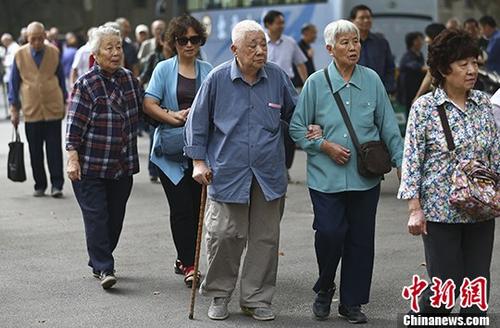












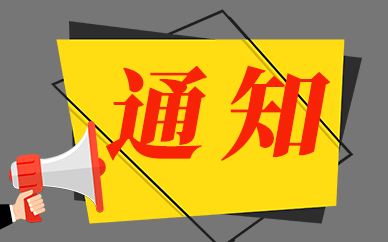













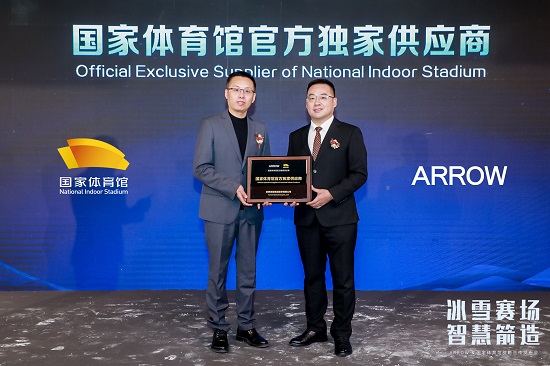

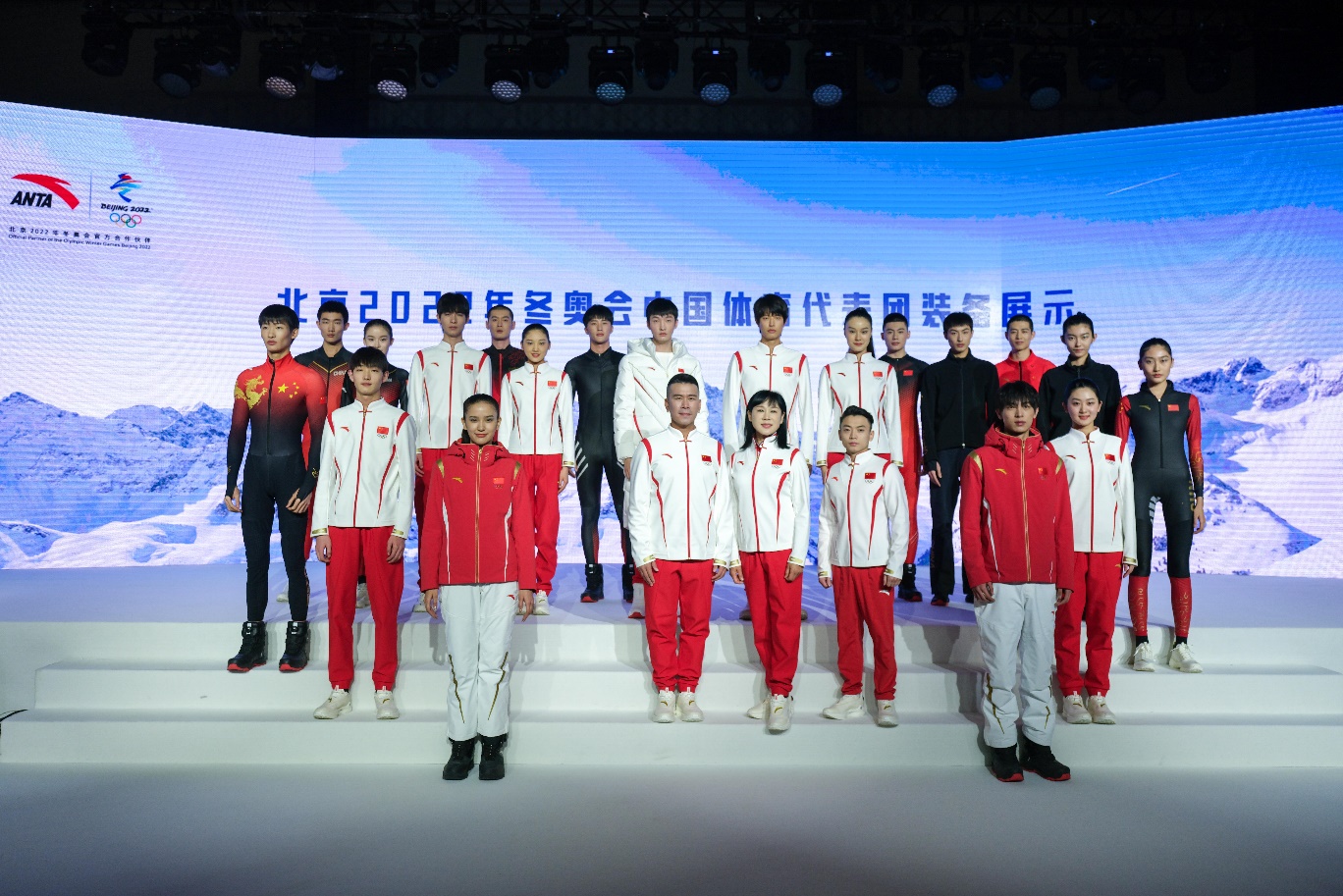



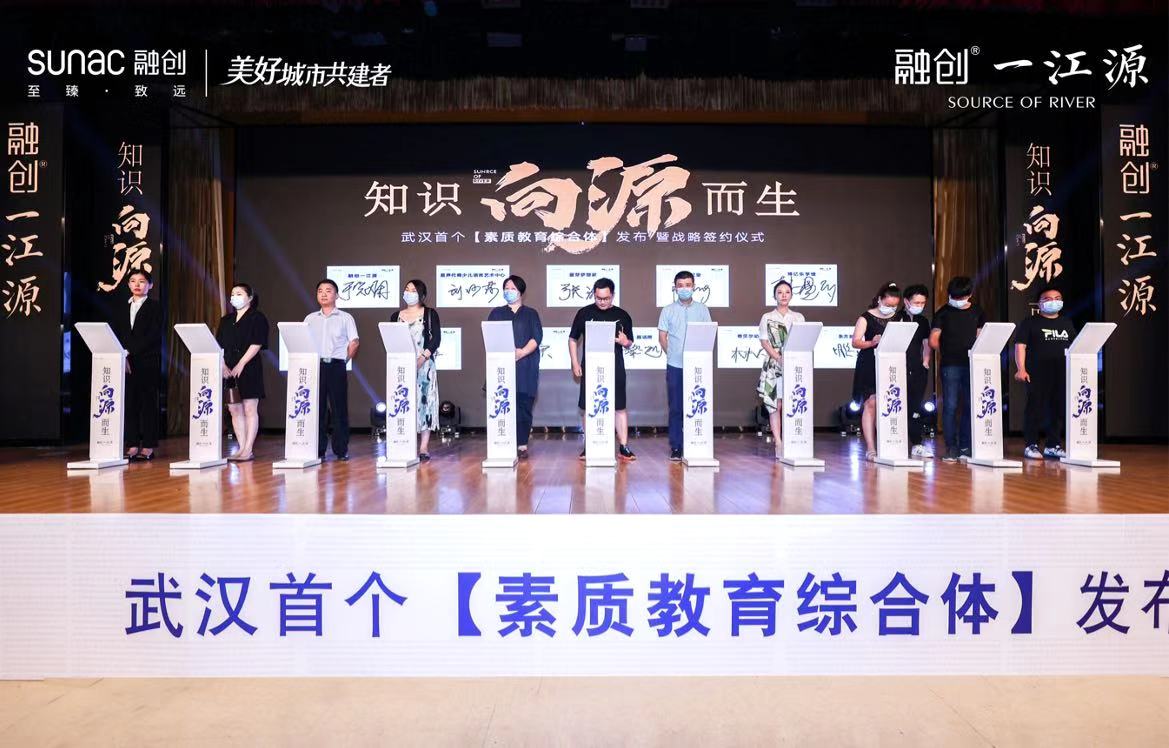
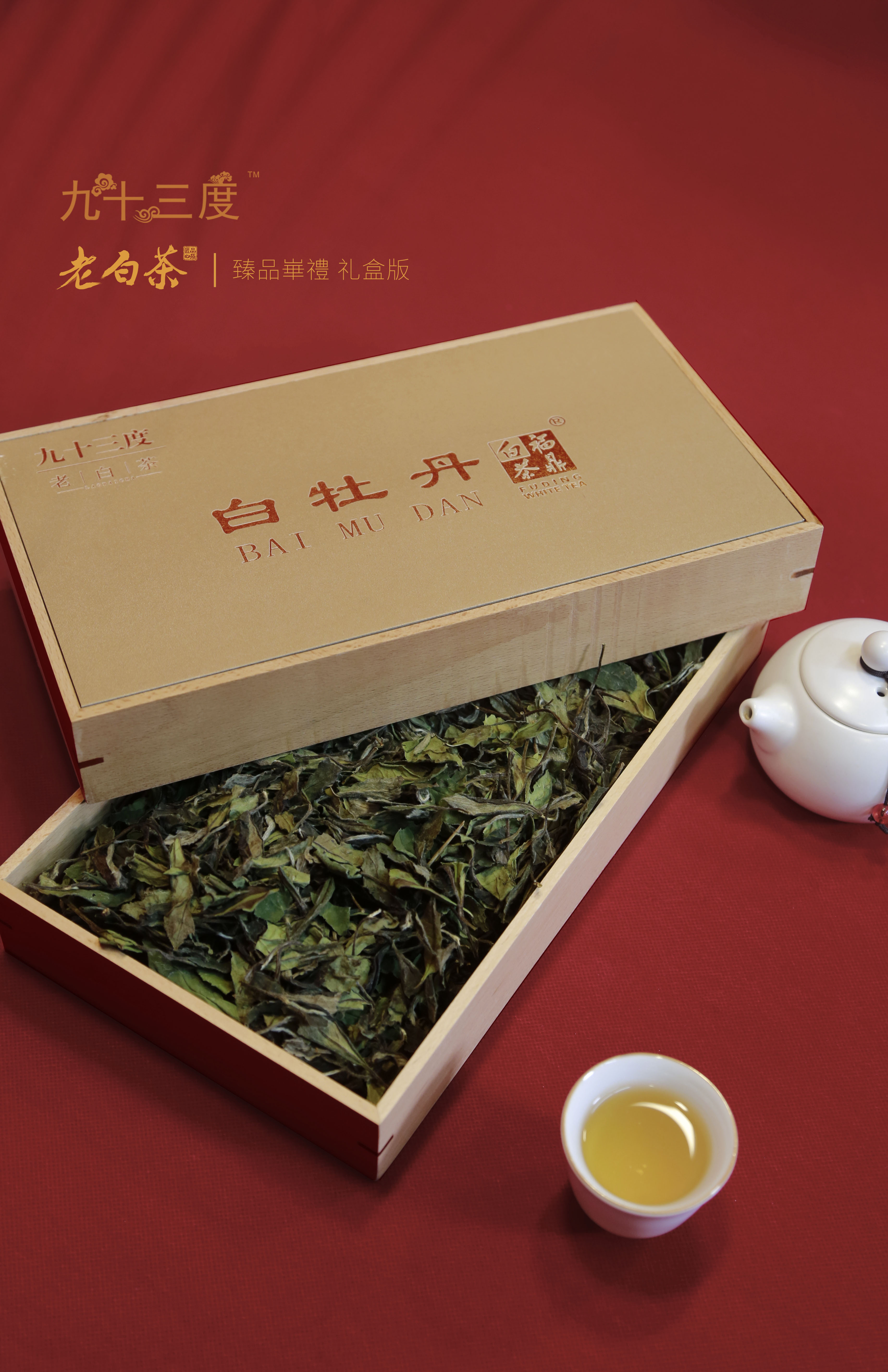
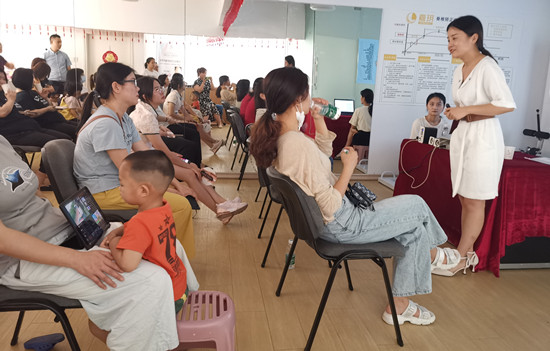










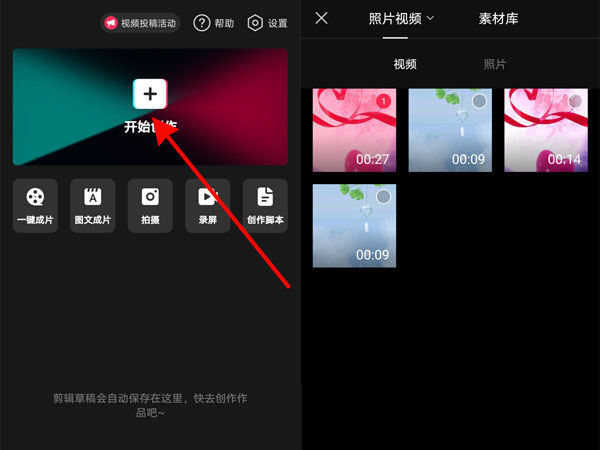

 营业执照公示信息
营业执照公示信息